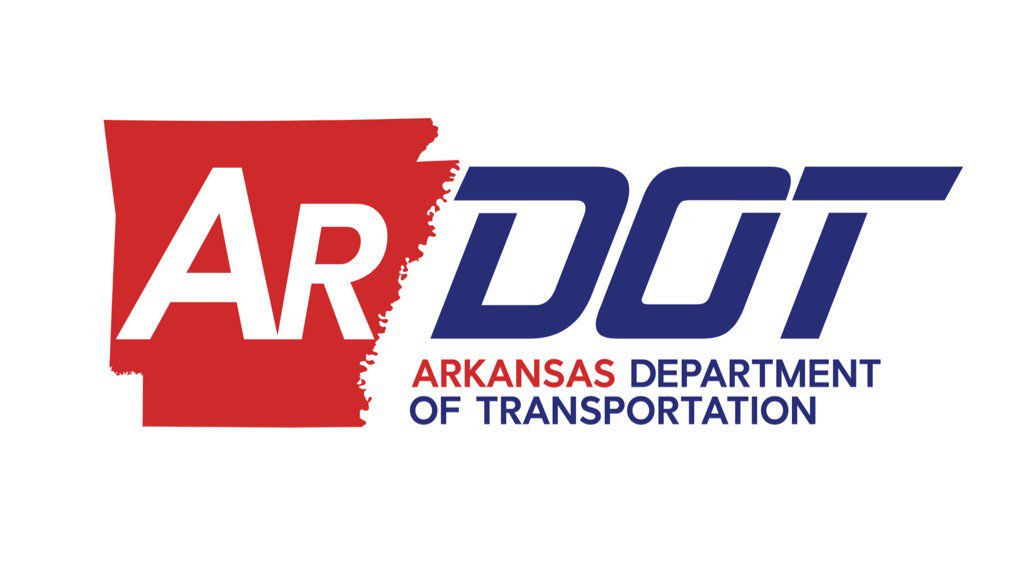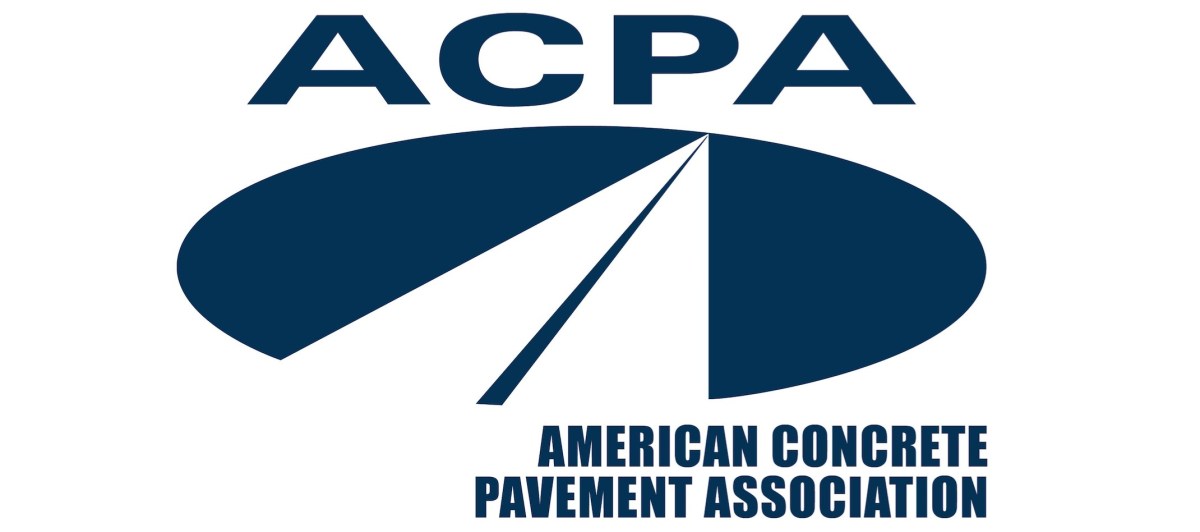2024
Contingency Infrastructure Development - Rapid Infrastructure and Development (RIDE) – Construction of Deployable Bridge Prototype
Rapid Infrastructure Development (RIDE) is an ongoing project at the University of Arkansas related to fast deployment and repair of military infrastructure. One task of this project involves developing a rapidly deployable bridge concept that can be utilized by a small team of front-line soldiers. The first phase of this project ended in March 2024 and involved selecting preliminary member sizes and developing finite element analysis (FEA) models for two selected bridge concepts. The current phase of the project involves the construction of a prototype bridge based on the more promising of the two developed bridge concepts. This prototype will be a full scale model to be tested under actual design service loads. The final deliverable is expected to be a parts list and executed prototype of an easily deployable gap crossing for gaps up to 25-30 feet.
2023
Advanced Environment-Friendly Concrete Materials for Rapid Infrastructure Repair and Rehabilitation
The United States has many infrastructure challenges in terms of maintaining and repairing an extensive network of highways and structures that are aging. Additionally, an increased focus on environmentally friendly processes and materials means that there is an urgent need to develop and evaluate alternative cementitious materials and novel Portland cement-based solutions to infrastructure maintenance issues. One promising technology is the utilization of calcium sulfoaluminate (CSA) cements in the production of concrete materials. CSA cements offer several advantages including lower carbon intensity compared to portland cement, rapid setting, and low shrinkage. These properties make them an ideal candidate for rapidly replacing or repairing critical transportation infrastructure. In addition, Engineered Cementitious Composites (ECCs) with superior ductility and mechanical strength have been proposed as a promising material alternative to extend the durability and service life of infrastructure. However, ECC typically requires a high cement content, leading to challenges such as increased hydration heat, autogenous shrinkage, and higher carbon dioxide emissions. To address these challenges, the project aims to investigate the feasibility of using CSA as a partial or complete replacement for cement in ECC without sacrificing its mechanical properties, specifically tensile ductility. The addition of CSA in concrete and ECC materials will be tested separately at the performing institutions and the PIs have planned activities to enhance the collaboration between the University of Arkansas and Louisiana State University by sharing research findings, pursuing further collaborations, and strengthening the connections between the researchers.
2022
ARDOT TRC 2203: Low Shrinkage Concrete Mixtures for Arkansas
While most bridge decks in Arkansas perform adequately over their design life, early-age shrinkage cracking is a recurring issue in some bridges that can lead to compromised durability. Shrinkage cracks may lead to serious deterioration such as rebar corrosion and freezing and thawing damage. This shrinkage can be reduced by changing the mixture design or materials, improving construction procedures, and changing structural design parameters.
The objectives of this study are two-fold:
1) Determine the effect of various Arkansas coarse aggregates on the drying shrinkage in standard bridge deck mixtures, and
2) develop a low-shrinkage concrete specification modeled on other state specifications tailored to Arkansas materials.
A review of approved quarries on the ARDOT QPL reveals a minimum of 7 major coarse aggregate types approved for use in ARDOT concrete. Therefore, though bridge decks may contain the same cementitious content and utilize similar construction practices, drying shrinkage may be much more of a concern with specific Arkansas aggregates. Determining the impact of aggregate type on drying shrinkage would help reduce bridge deck cracking and improve long-term durability.
Considering the development of low-shrinkage specifications, the approach will be two-fold. First, materials recommendation will be developed (a maximum cement content, suggested aggregate/admixture interventions). Secondly, a performance test will be recommended (maximum drying shrinkage by ASTM 157 (ASTM Standard C157 2017) or AASHTO T160) to ensure the quality of the low-shrinkage concrete mixture. The suggested mixtures in this project may include lightweight aggregate (to reduce concrete modulus), shrinkage reducing admixture, and/or fly ash to cause the lowest amount of shrinkage. The resulting mixture design specification can be used for bridge deck concrete to ensure long-lasting bridges.
Development of an Innovative Rapidly Constructible Bridge
This project is a preliminary concept study to develop creative solutions for the rapid deployment of temporary bridge structures, considering bridge super-structure and deck deployment. In this project, compact tensegrity super-structures are considered along with origami-inspired cement-impregnated decking or more traditional concrete decks made with lightweight concrete. It is anticipated that the project will result in a rapidly deployable bridge configuration (from storage to function within a few hours) that is capable of transporting military vehicle loads over short-to-medium spans. This project will develop advanced pavement technologies for rapid deployment, and lay the groundwork for future prototyping and strength verification studies. This project is expected to be a feasibility study, as such it focuses on finite element modeling, small scale prototyping, mixture design, and exploratory testing rather than construction or delivery of a working bridge system.
2019 (ongoing initiatives)
CTS Cement Manufacturing Corporation Gift
CTS Cement Manufacturing Corporation is supporting students who are interested in studying Belitic Calcium Sulfoaluminate cement at the University of Arkansas. At the moment, these students are studying mix proportioning guidelines for BCSA cement, the effects of set retarders, and mechanical properties.
2018 (ongoing initiatives)
Arkansas/Oklahoma Chapter American Concrete Pavement Association Gift
The Oklahoma/Arkansas chapter of the ACPA pledged to give $100,000 per year for 5 years to support concrete pavement related initiatives. This money is being used to support students who are interested in studying concrete pavements.
The first students to be supported by this generous gift are Casey Jones (advised by Dr. Micah Hale), and Yancy Schrader. Currently they are working on understanding calcium oxychloride formation and mitigation in concrete pavements, and improving upon test methods to categorize fly ashes based on their susceptibility to de-train air from concrete.
Links:





